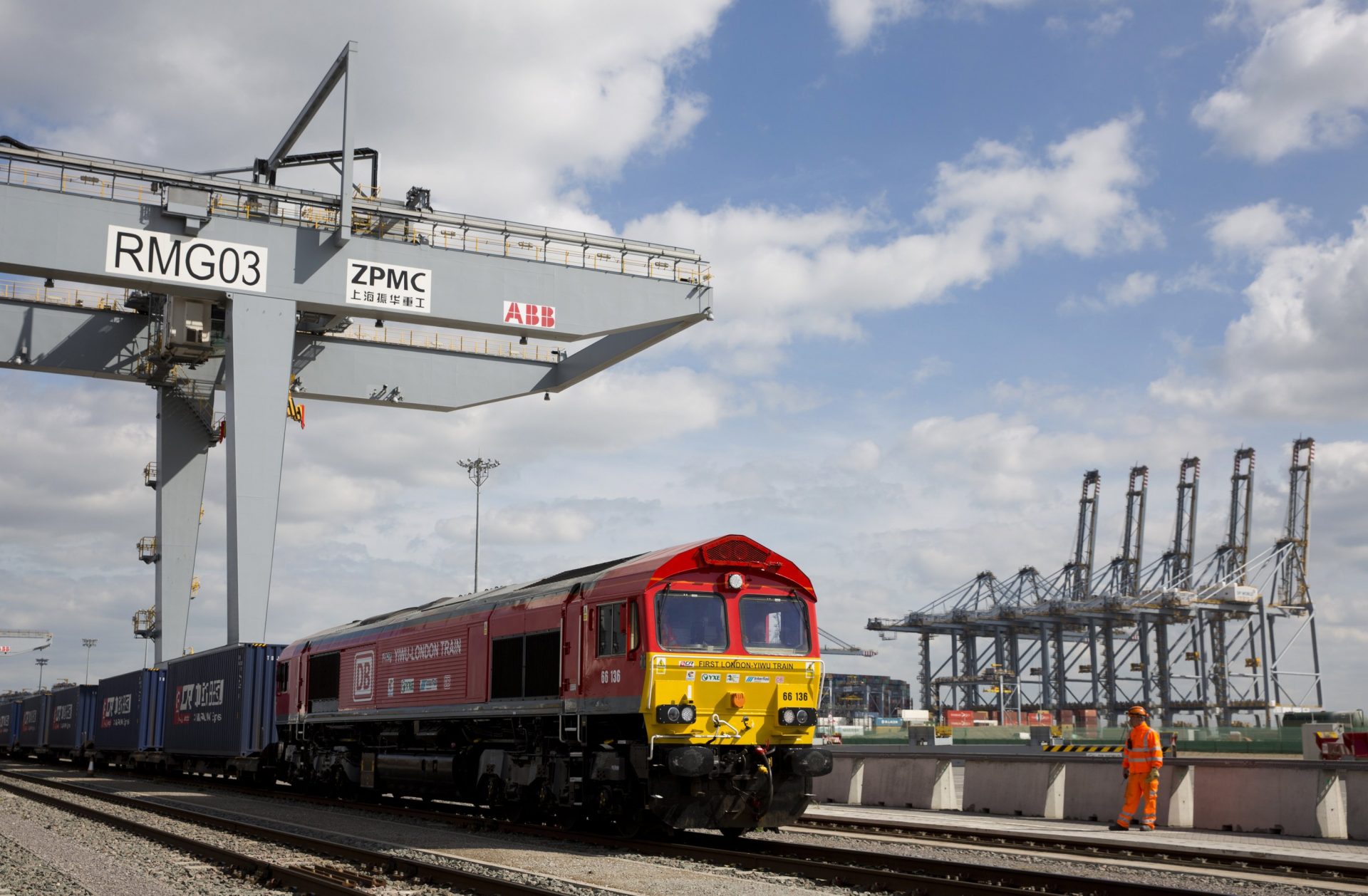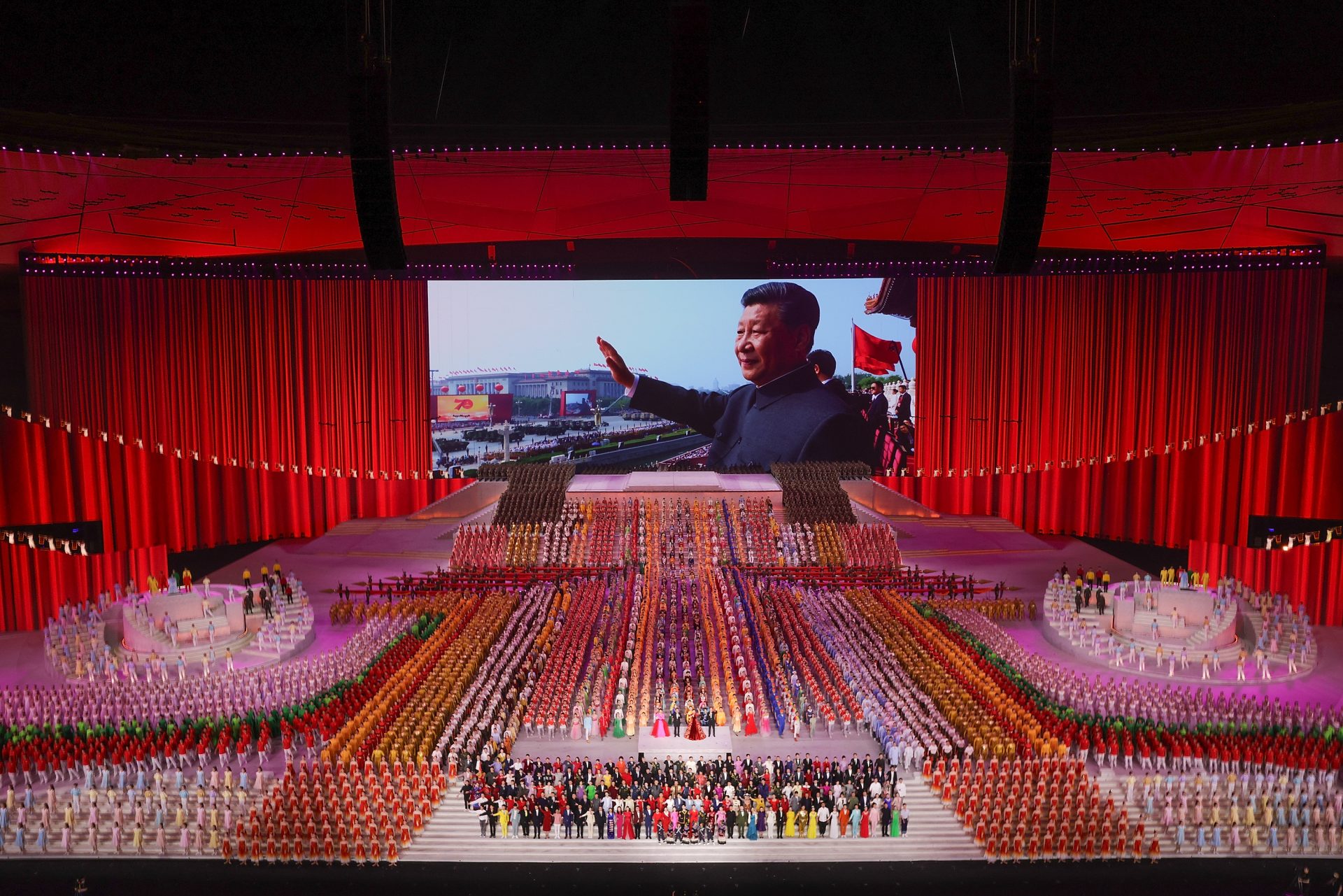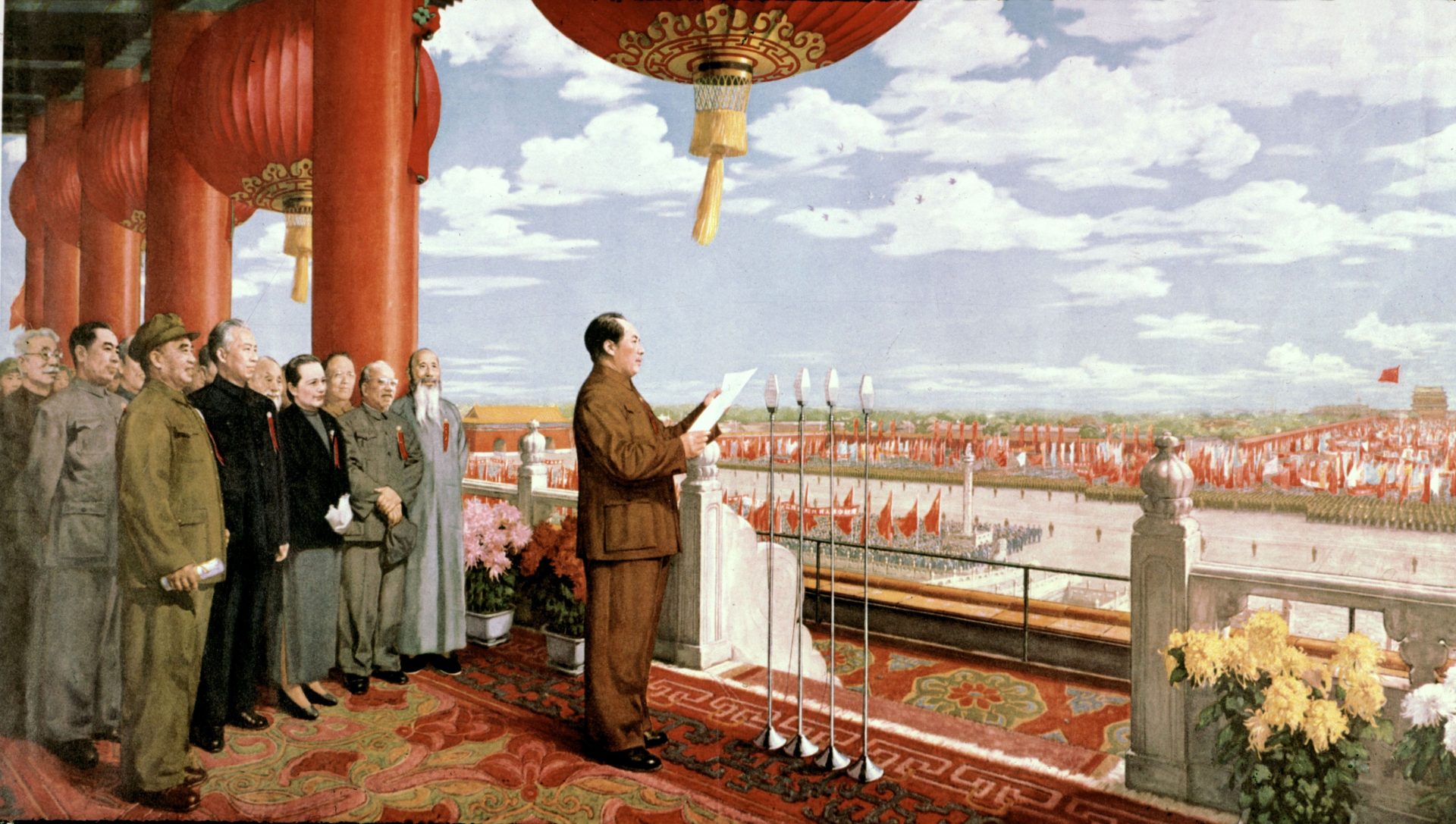The deal – an overseas Chinese project to be built by a Chinese construction company with Chinese migrant workers and financed by a Chinese loan – had all the characteristics of Beijing’s reputed debt-trap diplomacy. It’s a tactic often described in Africa or South America, except this time it was unfolding in the European Union.
Conducted in secrecy with no public knowledge, when investigative journalist Panyi Szabolcs broke the story this spring of Hungary’s plan to establish a satellite Budapest campus of China’s Fudan University, it immediately became a flashpoint in national politics.
“We were shocked,” says Gergo Hajdu, campaign director at aHang, a progressive civic group. He and others wanted to know what the country had signed up for. “As long as it’s not clear, it’s not fair on us.”
At a cost of 1.8 billion euros, the project would exceed the annual government expenditure of the entire higher education system of Hungary. Prime minister Viktor Orban even gifted prized real estate along the Danube River, originally designated for low-cost student housing, to the new school.
Despite Fudan’s high global rankings, the capital’s residents – who largely oppose Orban and his ruling far-right Fidesz party – objected. They saw it as yet another move by the populist leader to chip away at the country’s educated class, and a poor replacement following the exit of Central European University a few years before.
The furore in Hungary not only highlights one of China’s more ambitious attempts to secure a foothold in European academia (which would give it access to EU research grants, among other benefits), it also reveals how its presence has become a divisive lightening rod in respective domestic politics. Politicians have come to see their countries’ China policy as a litmus test for measuring their own state’s commitment to democracy.
“Kicking out a Western university and then inviting a university from China, which very clearly serves the national security interests of the government, is a very clear symbolism,” says MEP Katalin Cseh, a member of Hungary’s opposition Momentum party.
MORE: Xi Jinping: The Chairman of a country and a new Cultural Revolution.
MORE: China has raised the language barrier again.
In Orban, China has found its favourite European partner, a like-minded operator at the centre of the continent. Beijing seeks deeper economic ties with Europe, which it views as friendlier these days given its rivalry with the United States. Observers hotly debate the extent to which ideology drives China’s economic outreach and foreign policy. Regardless of motivations, however, China’s engagement in Europe has weakened unity while encouraging authoritarian creep.
In Budapest, thousands protested. Mayor Gergely Karacsony renamed streets around the proposed site Free Hong Kong Road and Uighur Martyrs’ Road, trolling Beijing over human rights. “This is about our values,” he posted on social media. “It is a stand for solidarity and freedom. It is what Hungary has been committed to for 30 years.”
Karacsony has called for a national referendum. If activists manage to collect the required 200,000 signatures for the vote, Hungarians will decide the future of Fudan Budapest next year, and the mayor hopes the results will serve as a rebuke to Orban’s autocracy.
The fight “has become mayoral and local-political almost out of sheer necessity,” says Jasmin Mujanovic, a political scientist with a focus on southeastern and eastern Europe. “These regimes – in particular Orban’s – have consolidated so much control at the national level.”
In neighbouring Czech Republic, the populist President Miloš Zeman’s pivot to China has been “very much associated with individuals and political forces challenging the post1989 pro-Western, liberal democratic mainstream,” says Martin Hála of Sinopsis, a Czech non-profit organisation which examines China’s impact in Europe.
The administration has sought a closer relationship with China in a bid for investment dollars. At one point, Zeman even designated a Chinese businessman, Ye Jianming, a special advisor to his office – until Ye got caught up in Beijing’s palace intrigues and disappeared into the Chinese Communist Party disciplinary apparatus.
Prague mayor Zdenek Hrib of the Pirate Party has leaned hard in the opposite direction, directly contradicting his country’s national strategy. The mayor opted for a sister-city agreement with Taipei over ties with Beijing that would have required a “one China” commitment denying the independence of Taiwan.
In response, China barred the Prague Philharmonic Orchestra’s tour to the country after the musicians refused to sign a letter denouncing their own mayor. These days, all prospect of a loan panda for the Prague Zoo is gone.
In principle, EU member states should coordinate foreign policy. In practice, politicians have taken unilateral positions on China.
Lithuania has embraced its role as a bulwark against global authoritarian creep. Foreign minister Gabrielius Landsbergis views combatting China an ideological imperative for democracies, and says “freedomloving people should look out for each other”. This May, the country withdrew from China’s 17+1 group of Central and Eastern European countries. “The EU is strongest when all 27 member states act together along with EU institutions,” Landsbergis said at the time.
Yet he welcomed Taiwan opening a representative office under its own name in Vilnius, a move that predictably triggered Beijing’s Wolf Warrior diplomats and which led to the Lithuanian ambassador’s expulsion from China. While EU leaders publicly came together in support of Lithuania, more than a few grumbled behind closed doors at Lithuania’s go-it-alone approach.
Landsbergis and other pro-democrats would argue that the EU has dragged its feet when it comes to developing a unitary and more assertive China policy based as much on human rights as economic reward. His tiny Baltic state of three million has taken the lead when it comes to committing to the bloc’s own liberal ethos, while bigger governments have hung back. “Germany and France are both in this very bizarre, curious no-man’s land,” notes Mujanovic. If they don’t position themselves soon, they risk turning the EU “into a kind of glorified Chamber of Commerce”.
“There is a geopolitical rivalry going on globally,” says Cseh. “And the European Union is part of this equation no matter how much some European leaders want to deny it.”
In the meantime, Europe’s engagement with China will remain piecemeal and haphazard, with a mayor here or a minister there taking chances at poking the panda bear. That may irritate Beijing – and in some cases draw uproar and headlines it would rather avoid – but for China these episodes remain preferable to a collective and therefore more impactful EU political and economic strategy.



